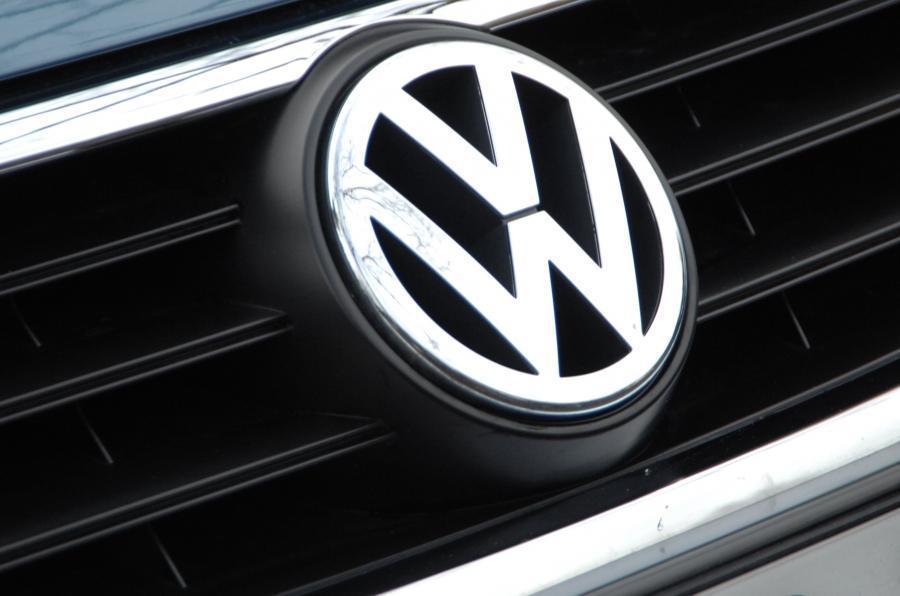At the height of the Dieselgate diesel emissions scandal, three of the biggest carmakers in the world figured in another scandal. The European Commission discovered that BMW, Volkswagen, and Daimler (Mercedes-Benz’s parent company) colluded on delaying technology for cleaner emissions.
According to the commission, the carmakers violated the European Union’s antitrust rules when they agreed to work together to limit the technical development of nitrogen oxide or NOx cleaning technology.
BMW, VW, and Daimler avoided competition and agreed not to explore the potential of the new emissions-cleaning technology fully. What made matters worse was that the companies held secret meetings discussing the development of SCR or selective catalytic reduction technology. This process can significantly reduce and eliminate harmful emissions.
More specifically, the five carmakers consented to set the average ranges and tank sizes of AdBlue tanks, as well as the average consumption of AdBlue. Each carmaker shared sensitive data regarding the said technology.
The case involves five carmakers since the VW Group’s Porsche and Audi have also worked with the three major manufacturers.
What the five manufacturers did was an infringement and violation of the European Economic Area (or EEA) agreement.
BMW, Volkswagen, Daimler, Porsche, and Audi carried out their illegal activities between June 25, 2009, and October 1, 2014.

Were they fined?
In 2021, the executive branch of the European Union finally decided on how the five carmakers should be fined. Authorities ordered BMW and the Volkswagen Group to pay over £832 million ($1 billion).
The VW Group has to pay £494.9 million ($595 million). The EU slapped BMW with a fine of over £367.6 million ($442 million). Since Daimler told the authorities about the cartel, the carmaker was not fined. The company would have had to pay approximately £644.8 million (€727 million).
Dieselgate scandal
Although the cartel’s scheme involved emissions, it is unrelated to the Dieselgate diesel emissions scandal.
The Dieselgate scandal broke out in 2015 after US authorities allegedly discovered defeat devices in the VW Group’s Audi and Volkswagen diesel vehicles sold to consumers in America. The machines are illegal and used to manipulate emissions during regulatory testing.
A defeat device is programmed to sense when a vehicle is in the lab for testing. Once this happens, the device immediately lowers emissions to levels within the WHO or World Health Organization’s limits. The device leads environmental regulators into thinking that the vehicle is emissions-compliant even if – outside laboratory conditions – they release massive amounts of NOx.
When the vehicle is brought out of the lab and driven on real-world roads, it reverts to releasing multiple levels of nitrogen oxides. These stories are beyond the mandated ones. Thus, defeat device-equipped vehicles are high-polluting.
Volkswagen has paid billions paying off fines, legal fees, buybacks, and compensation.
Even if the diesel emissions scam happened many years ago, its repercussions are still felt nowadays, especially since the list of carmakers involved in the scandal seems to get longer yearly.
VW’s co-conspirators in the cartel, BMW and Daimler, are also embroiled in the scandal. BMW recalled over 11,000 affected vehicles in 2018 after the wrong emissions software was installed in some of their diesel vehicles.
Why are emissions bad?
Emissions released by diesel-powered vehicles are called nitrogen oxides. As primary components, NOx has nitric oxide (NO) and nitrogen dioxide (NO2). It is responsible for the formation of acid rain and smog and is also known to produce a pollutant called ground-level ozone.
Ground-level ozone is dangerous as it weakens vegetation. Over time, it damages plant life.
If a person is exposed to NOx emissions, they will experience different health impacts, including mental health-related issues such as depression and anxiety.
Nitrogen oxide emissions also affect cognitive health. When a person’s mental abilities decline, they will become vulnerable to dementia, specifically Alzheimer’s.
Exposure to NOx emissions causes numerous health impacts, including:
- Bronchitis, emphysema, and other respiratory diseases
- Asthma
- Pulmonary edema (fluid build-up in the lungs)
- Chronic lung function reduction
- Nausea and vomiting
- Asphyxiation
- Vocal cords spasm (laryngospasm)
- Cardiovascular diseases
- Cancer
Over the years, air pollution has become the primary cause of premature deaths. The UK recorded its first early death due to toxic air in December 2020. Ella Adoo-Kissi-Debrah died in 2013 after a severe asthma attack and consecutive hospital visits. She lived with her mother, Rosamund, in one of London’s most polluted areas – South Circular Road. She was only nine years old. After an inquest, the coroner officially ruled air pollution as the primary cause of Ella’s death.
These life-changing health impacts, NOx emissions’ environmental effects, and the carmakers’ deceit and mis-selling are the main reasons car owners should file a diesel claim. They can bring the case to court independently or through a GLO or group litigation order. If they are successful, they will receive compensation from their carmaker.
What should I do with my diesel claim?
You can work with an emissions expert to ensure your diesel claim moves in the right direction. However, since not all diesel vehicles are affected, you should first visit ClaimExperts.co.uk to verify if you can file an emission claim. Get all the information you need to start your claim immediately.









